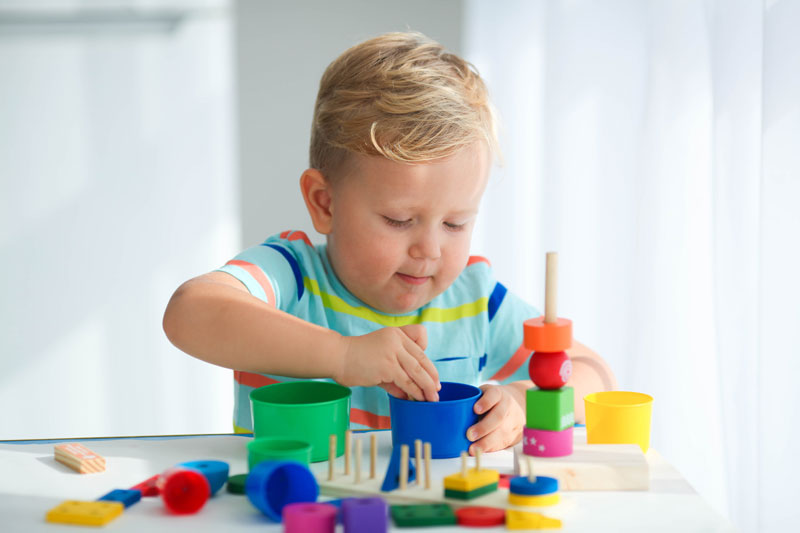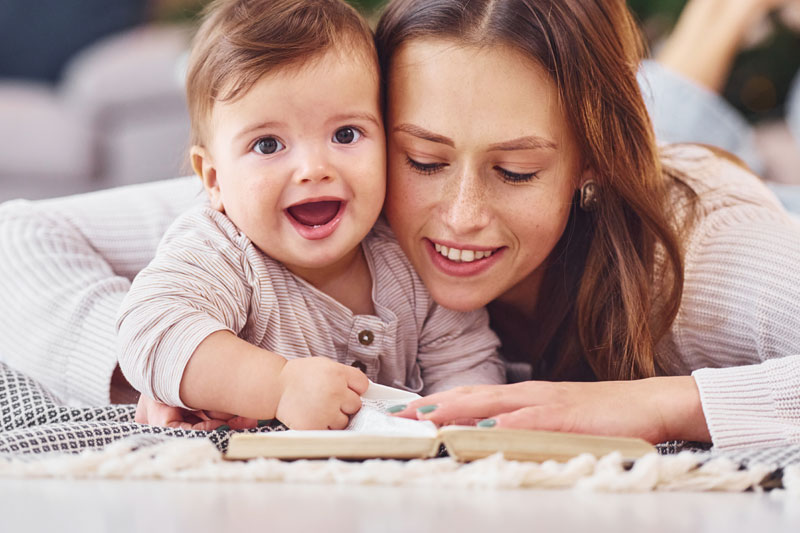Building Family Routines to Raise Well-adjusted Children

Ever asked your children to sit together for dinner at 7 PM sharp? Or visited a fun family place every Saturday? You are building family routines, an important part of a healthy child-rearing dynamic. Having routines not only creates a healthier home atmosphere, but also helps your children grow into well-adjusted individuals.
Benefits of Family Routines for Children
Having healthy family routines brings tremendous impacts on your children. Establishing routines, even the small ones, bring various long-term impacts, such as:
Building Healthy Habits
You can nurture healthy habits through family routines. Making children brush their teeth before bed or washing hands before eating, for example. These small habits will develop into a longtime discipline, allowing your children to develop positive habits naturally.
Creating Sense of Harmony at Home
Family routines make daily life feel more harmonious. Children can expect to do or experience something at consistent schedules, like eating, studying, or sleeping. They help in creating harmony at home, which creates positive impacts in children’s security.
Developing Healthy Sleeping Pattern
Children can develop a healthy sleeping pattern if they sleep in a consistent place and time. You can incorporate a routine that supports sleeping patterns, using consistent schedules. For example, you can teach children to brush teeth and wash feet at certain times daily, to signify sleeping time.
Teaching Better Self-regulation
Children with established family routines tend to have better self-regulation. They develop emotional self-regulation, which is important in facing various life challenges. They have healthy responses toward positive and negative things in life. They can also develop positive relationships and social skills.
How Does Healthy Family Routine Impact Adulthood?
Building family routines has a great impact even in adulthood. By setting up regular times for meal, exercise, and entertainment, you create structure and predictability. They become strong roots for healthy adulthood, reducing stress and creating positive habits.
Do you know that family routine may reduce the risk factor of adult depression? Strong and positive family routines create positive effects on children, such as emotional self-regulation, healthy responses toward problems, and training self-control. These have positive impacts in reducing the risk of adult depression.
Examples of Family Routines

Typical family routines are something you may immediately think of: waking up in the morning, having a normal bedtime, eating together at certain times, studying, doing homework, and more. However, you can also create small routines that signal normalcy and security for children.
For example, you can teach children (and others in the family) to help with the dishes together after the meal. Brush their teeth before bed. Celebrate special days like birthdays, graduations, winnings at competitions, and anniversaries. Set aside time during the weekends to do fun things together.
Family routines can also mean small things to show affection. Tuck the children in and give them a goodnight kiss. Have a discussion when watching movies on weekends. A little hug or kiss on the cheek before going to school. These small habits can become an anchor for security in children.
Creating a Family Routine Plan (That Works for You!)
Not everyone follows the same family routine, right? So, how do you create routines that work for you?
The National Center for Pyramid Model Innovations created a guide for building family routines, which you can utilize based on your needs. This method is useful for all types of routines, from arranging mealtime to something as simple as dressing a toddler.
There are three important things to remember for this plan, which are:
1. Prevent Unwanted Behaviors
Routines can start to prevent some behaviors. For example, you want children to eat dinner regularly and properly instead of eating sweets, or stop the phone time before bedtime. Make sure you list them and inform your children about the expectations.
2. Respond about the Activity Properly
Make sure you give clear verbal cues and instructions, such as “Let’s have dinner now”, or verbal cues like, “Five more minutes, then go to bed.” Let the children know what to expect on a regular basis and turn it into a habit.
3. Add New Skills
Building family routines means introducing children to new activities and skills. You can teach them to brush teeth properly, return the towel to the rack, eat with cutlery on the table, and many more. Build the habit patiently until each of them settles.
By building family routines, you can teach healthy habits in children and create a sense of security. Make these routines a part of their childhood so you can help them grow up into well-adjusted people. Find out more about family routines and other childrearing knowledge at RealMomKids.com.






